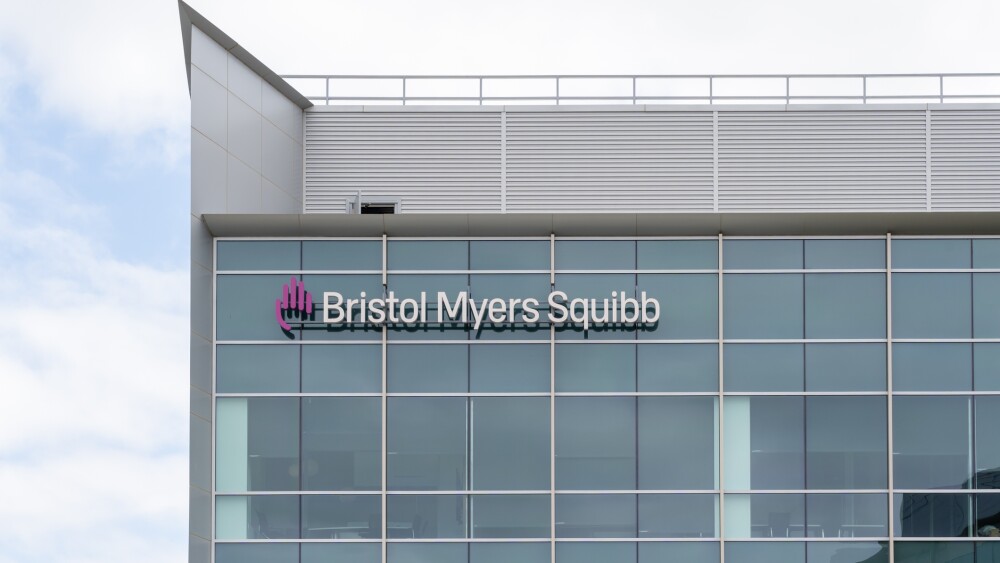ORLANDO, Fla., Nov. 9 /PRNewswire/ -- A new and highly effective weapon in the war on heart disease could be on the horizon, according to results of the "Cilostazol for RESTenosis" (CREST) study presented today at the American Heart Association's Scientific Sessions.
John S. Douglas Jr., MD, professor of medicine and Director of Interventional Cardiology at Emory University, presented findings showing the drug cilostazol reduces stent restenosis (the renarrowing of arteries following angioplasty) by 39.5 percent over standard therapy alone. "This study also showed that this beneficial effect occurred in patients with diabetes and small blood vessels, two important subgroups that are inherently more difficult to treat," says Dr. Douglas.
During angioplasty, the most commonly used procedure in the U.S. to treat potentially life-threatening coronary blockages, a balloon-tipped catheter pushes aside atherosclerotic plaques in arteries. Once the vessel has been widened, and adequate blood flow is returned, stents (tiny mesh wire tubes) are frequently used to keep arteries open. However, renarrowing has proved to be a frequent problem following angioplasty and stenting and affects 300,000 coronary stent recipients in the United States each year.
Patients who experience renarrowing (restenosis) may require additional angioplasty procedures, another stent or bypass surgery. For many patients, new drug-eluting stents (stents coated with a drug) offer a possible solution to restenosis, which has been called the "Achilles heel" of angioplasty. "However, current drug-eluting stents have limitations, are extremely costly, and have not been tested in complex lesions. Cilostazol, on the other hand, may indeed hold promise for a broad spectrum of patients at risk for restenosis. This is the most successful and safe oral agent we are aware of at this time. It can be administered via two simple pills a day," Dr. Douglas explains. "Its effectiveness in the diabetic patient, where restenosis was reduced from 37 percent to 16.9 percent, is particularly exciting."
Dr. Douglas and co-investigators William Weintraub, MD, Director of the Emory Center for Outcomes Research and David Holmes, MD, of the Mayo Clinic, directed CREST, a multicenter, randomized, double-blind, placebo-controlled trial with 705 patients enrolled at 19 clinical sites across the U.S. Patients received standard therapy of aspirin and clopidogrel (which prevents clot formation) plus cilostazol (a phosphodiesterase III inhibitor) or placebo after successful coronary stent implantation. Treatment with study medication (cilostazol or placebo) was continued for six months, when coronary angiography was performed to determine the presence of restenosis. In addition to renarrowing, careful attention was paid to complications, costs, and quality of life issues.
Cilostazol (Pletal) is marketed by Otsuka America Pharmaceutical, Inc. with an indication for the treatment of intermittent claudication. Funding for the CREST study was provided by Otsuka America Pharmaceutical, Inc. in the form of an unrestricted research grant.
The Emory Heart Center is comprised of all cardiac services and research at Emory University Hospital, Emory Crawford Long Hospital Carlyle Fraser Heart Center, the Andreas Gruentzig Cardiovascular Center of Emory University and the Emory Clinic. Ranked among the nation's top ten heart centers by U.S. News & World Report's annual survey, the Emory Heart Center has a rich history of excellence in cardiology and cardiac surgery -- including education, research and patient care. It is internationally recognized as one of the birthplaces of modern interventional cardiology and was the site of the first coronary stent implantation in the United States, the only single site randomized comparison of angioplasty and bypass surgery and pioneering work in vascular brachytherapy.
Emory Heart CenterCONTACT: Sherry Baker, +1-404-377-1398, emoryheartnews@aol.com, KathiBaker, +1-404-727-9371, kobaker@emory.edu, or Janet Christenbury,+1-404-727-8599, jmchris@emory.edu, all of the Emory Heart Center




